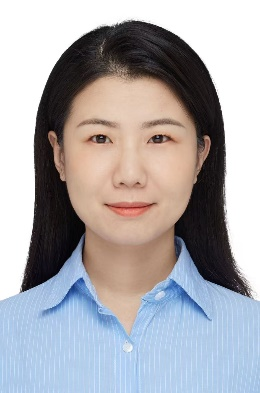Guest Editors
Prof. Dr. Xiaoshun Zhang
Email: zhangxiaoshun@mail.neu.edu.cn
Affiliation: Foshan Graduate School of Innovation, Northeastern University, Foshan, 528311, China
Homepage:
Research Interests: low-carbon power system operation, artificial intelligence for energy system

Dr. Xiang Gao
Email: gaoxiang@szpu.edu.cn
Affiliation: Industrial Training Center, Shenzhen Polytechnic University, Shenzhen, 518000, China
Homepage:
Research Interests: electricity market bidding strategies, game theory, multi-agent reinforcement learning

Dr. Junbin Chen
Email: junbinchen@stu.edu.cn
Affiliation: College of Engineering, Shantou University, 243 Daxue Road, Jinping District, Shantou City, Guangdong Province, Shantou, 515063, China
Homepage:
Research Interests: optimization of power system operation, artificial intelligence (AI), hybrid augmented intelligence (HAI)

Summary
In 2018, the Intergovernmental Panel on Climate Change (IPCC) released a special report on global warming of 1.5C, highlighting the urgent need for sustainable development. The report emphasized that limiting temperature rise to 1.5C is achievable if global net anthropogenic CO emissions are cut by approximately 45% by 2030 compared to 2010 levels, followed by achieving net-zero emissions around 2050. Facing this critical challenge, numerous nations have pledged to attain carbon neutrality by mid-century. For instance, the European Union aims to achieve this goal by 2050, while China has committed to doing so before 2060. Given their status as the largest sources of emissions, energy-related sectorsparticularly the power industrywill be pivotal in driving the transition toward carbon neutrality.
This Special Issue aims to highlight the state-of-art techniques for low-carbon situational awareness and dispatch decision of new-type power system operation.
Topics of interest of this Special Issue include, but are not limited to:
1. Electric carbon emission measurement, monitoring, and prediction;
2. Carbon reduction potential assessment and decision aid of flexible loads;
3. Coordination strategies of source-net-load-storage resources;
4. Low-carbon dispatch and control of new-type power system;
5. Energy saving and carbon emission reduction of advanced generation techniques;
6. Low-carbon situational awareness of power grid and micro-grid;
7. Integrated carbon and electricity trading market and strategy;
8. New device and policy for electricity carbon emission;
9. Zero-carbon techniques for industrial, science and technology parks.
Keywords
new-type power system, low-carbon operation, zero-carbon, situational awareness, dispatch decision